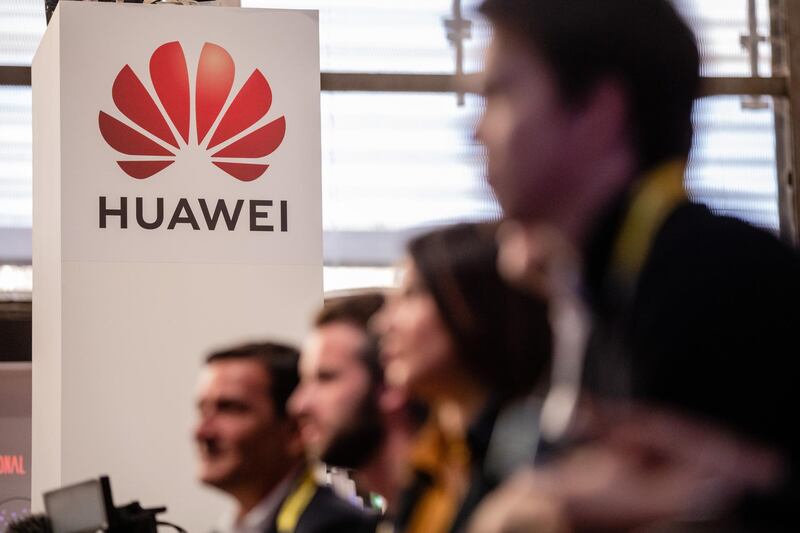The impact of the US ban on Huawei's business will be limited, and the biggest Chinese technology company does not require chips from US entities to continue making smartphones and stay afloat, Huawei founder and chief executive said.
"It is expected that Huawei's growth may slow, but only slightly," chief executive Ren Zhengfei said. Expressing confidence in the company's long-term outlook, he said the annual revenue growth might undershoot by 20 per cent, Japan's Nikkei Asian Review reported.
Last week, the Trump administration blacklisted Huawei, which it accuses of aiding Beijing in espionage. Washington has threatened to cut off American software and semiconductors Huawei needs to make smartphones and networking gear.
Mr Ren said his company would continue developing its own chips to reduce the impact of the US ban. It would be "fine" even if Qualcomm and other American suppliers would not sell chips to Huawei. "We have already been preparing for this."
Huawei unit HiSilicon Technologies, which mainly designs core processor chips, has indicated similar plans to deal with a potential disruption in supply.
"We actually have foreseen this day for many years, and we do have a backup plan," HiSilicon Technologies' president Teresa He Tingbo wrote in a recent open letter.
Huawei has been preparing for such an eventuality since at least 2018.
The company has stockpiled enough chips and other vital components to keep its business running for at least three months as the US curtails its access to American technology, Bloomberg reported.
Mr Ren criticised the Trump administration's decision to add his company to a government blacklist.
"We have not done anything which violates the law," he said.
Mr Ren said his company will not be dictated to by Washington and will not change “management at the request of the US or accept monitoring, as ZTE [another Chinese tech company] has done".
"Policies that threaten trading partners one after another rob companies of risk-taking attitudes, and the US will lose credibility," he said.
The US deployed a similar ban against ZTE last year, pushing the telecom company deep into financial troubles.
Huawei's chief ruled out the prospects of producing 5G equipment on American soil. "Even if the US asks us to manufacture over there, we will not go."
Huawei procures around $67 billion worth of components every year, with roughly $11bn of those coming from US suppliers. The company depends especially on American parts manufacturers for semiconductors, and it is believed that Huawei could face problems going forward producing smartphones and telecom equipment, according to Nikkei report.
Huawei derived 50 per cent of its revenue from China in 2017, which was followed by Europe, the Middle East and Africa as one unit (27 per cent), Asia Pacific in third place (12.3 per cent), the Americas in fourth (6.5 per cent) and other markets accounting for 3.5 per cent of total sales.








